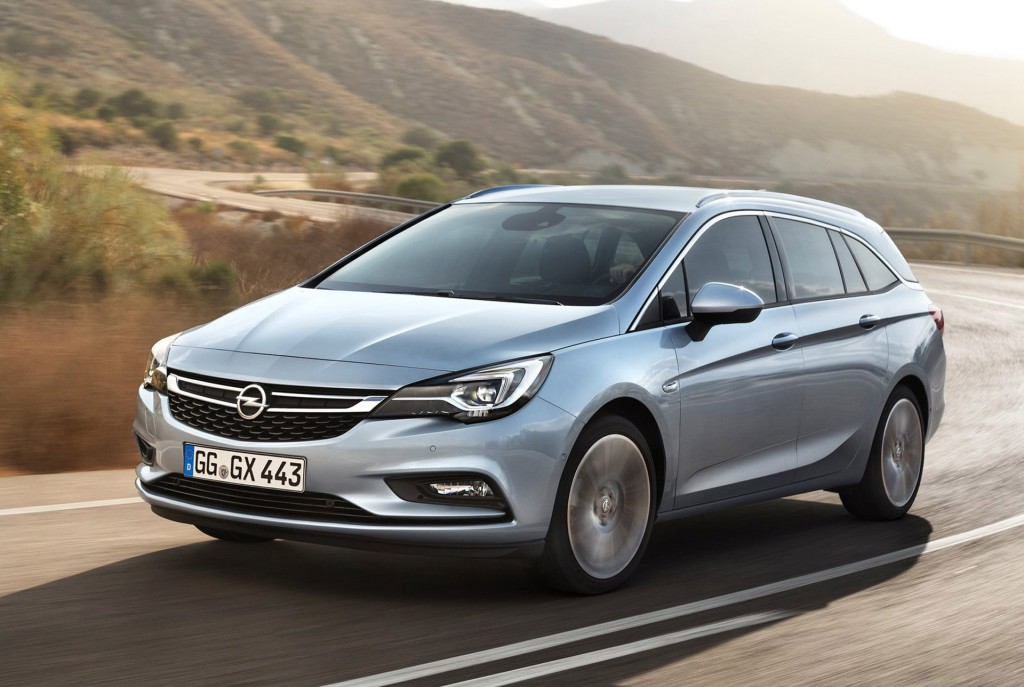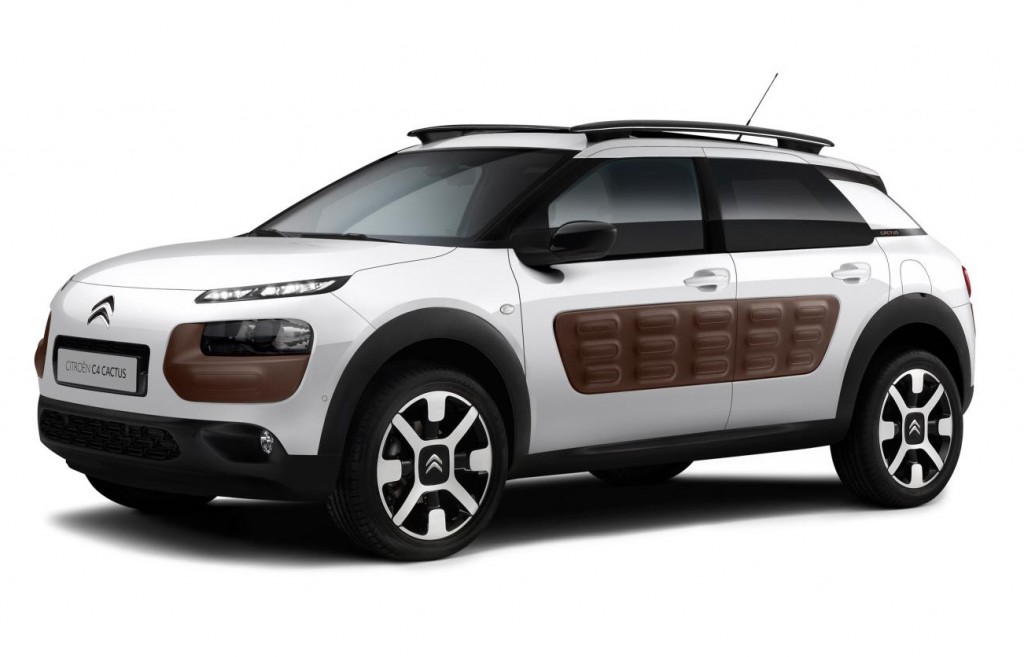The current set of European Union emissions standards for cars extends to 2021, but regulators are apparently planning a new round of standards to follow.
These new standards would impose stricter emissions caps, while taking regulations beyond the 2021 limit for cars, as well as a 2020 limit for vans.
This would bring the EU closer to the U.S., which has Corporate Average Fuel Economy (CAFE) standards that extend to 2025.
DON'T MISS: EU Commission Accepts 'Flawed' Emission Rules For On-Road Testing
The European Commission—the EU's regulatory arm—is laying the foundation for these tougher emissions caps, although actual legislation likely won't come until next year, reports Bloomberg.
Post-2020 car and van emissions standards are one of the topics in a draft paper to be released by the European Commission on Wednesday, according to the news service.
The current standards are part of an EU effort to reduce greenhouse-gas emissions 20 percent from 1990 levels by 2020.

2016 Opel Astra Sports Tourer
They capped car carbon dioxide (CO2) emissions at 130 grams per kilometer for 2015, and call for a cap of 95 grams per kilometer in 2020.
Light commercial vehicles are limited to 175 grams of CO2 per kilogram in 2017, and 147 grams in 2020.
However, the EU has a separate target to reduce overall greenhouse-gas emissions 40 percent from 1990 levels by 2030.
ALSO SEE: As VW pledges more electric cars, it supports biofuels as alternative
Further cuts to car and van emissions beyond the current 2021 and 2020 targets, respectively, will likely by required to meet that goal.
But as with previous emissions legislation, any new standards are likely to meet resistance from carmakers.
EU lawmakers also watered down the last major piece of emissions-related legislation put in front of them.

Citroen C4 Cactus
This was a new set of rules requiring on-road testing for emissions and fuel economy.
The on-road testing mandate was passed, but gave carmakers significant leeway to exceed legal emissions limits without penalties.
MORE: Peugeot admits real-world gas mileage is far lower than ratings
Now may be a good time to push for stricter emissions limits, though, as the auto industry has lost some credibility with the European public because of the Volkswagen diesel scandal.
In addition to Volkswagen's use of "defeat device" software in its TDI models, PSA Peugeot Citroën recently admitted that many of its models' real-world fuel economy does not match up with official ratings generated by laboratory testing.
Any new emissions standards drafted by the European Commission would need the support of EU member governments and the European Parliament before they could be enacted.
_______________________________________________











